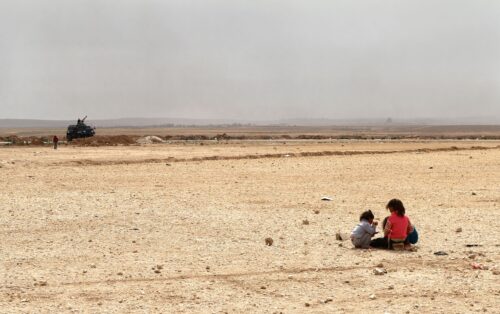Humanitarian Coordination & Practice
We support the efforts of humanitarian agencies working together to provide a predictable, coordinated, well-resourced, and holistic response to conflicts and natural disasters.
We support the efforts of humanitarian agencies working together to provide a predictable, coordinated, well-resourced, and holistic response to conflicts and natural disasters.
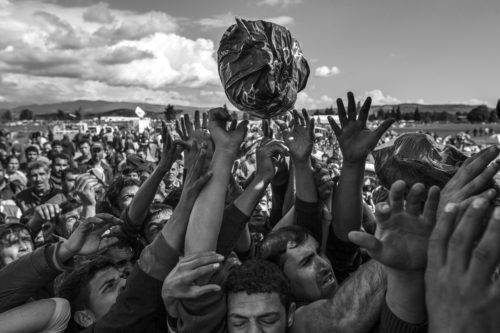
Non-governmental organization (NGO) coordination at every level of a humanitarian response is critical to ensure quality, accessible programming reaches conflict- and disaster-affected people.
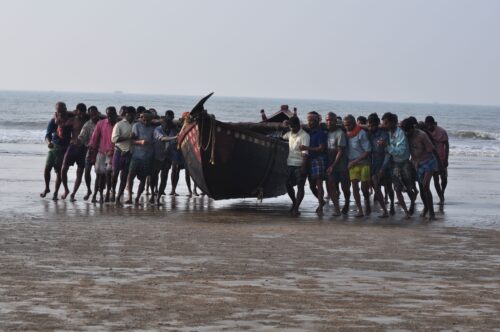
When responding to humanitarian crises, NGOs independently asses the risks of when, how, and why they would or would not coordinate their activities with the U.S. military.
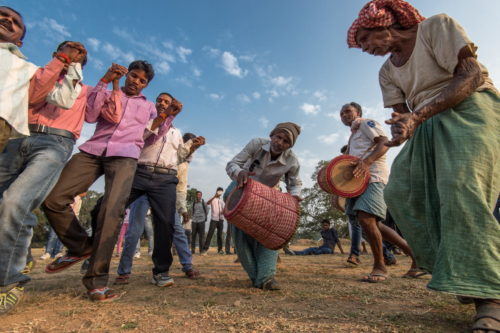
Two major climate trends are reshaping the humanitarian landscape: the increasing frequency of acute, high-cost disasters and…
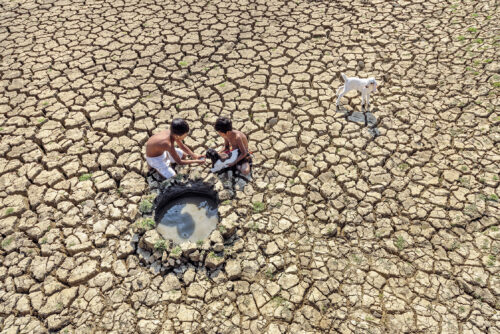
In January 2021, the U.S. Congress enacted the Global Child Thrive Act. This landmark legislation aims to…
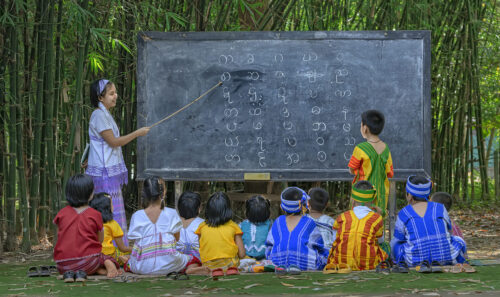
In the Asia-Pacific, the prospect of great power competition—and potential conflict—looms large, threatening to reshape not only geopolitical dynamics but…
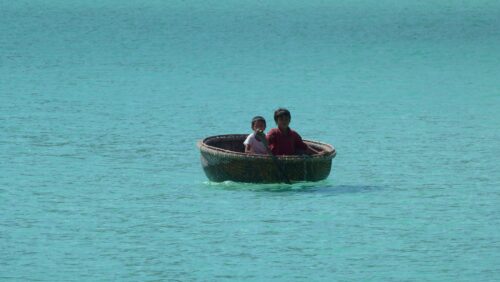
“Localization is when [local NGOs] implement interventions and access funding at the same pace as [international NGOs]. It is…
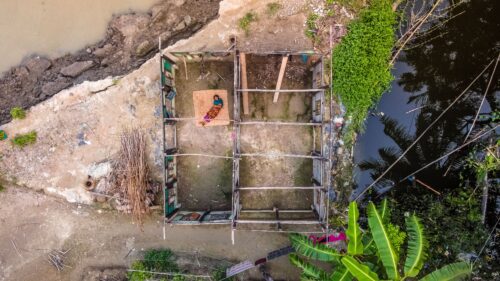
August 19 marks World Humanitarian Day, a time to recognize humanitarians’ meaningful work and the risks they take every day.
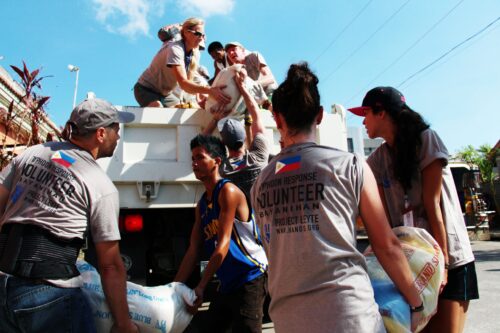
Over a decade after gaining independence, South Sudan still faces significant humanitarian need, with an estimated 9.4…
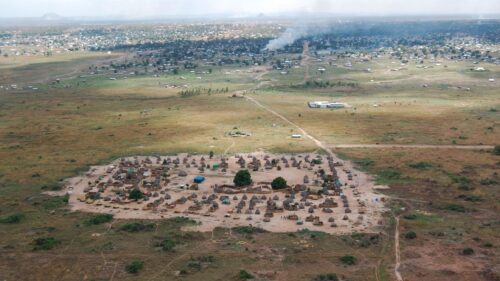
The Syrian Civil War passes the twelve-year mark on March 15, signaling the continuation of one of the deadliest and…
